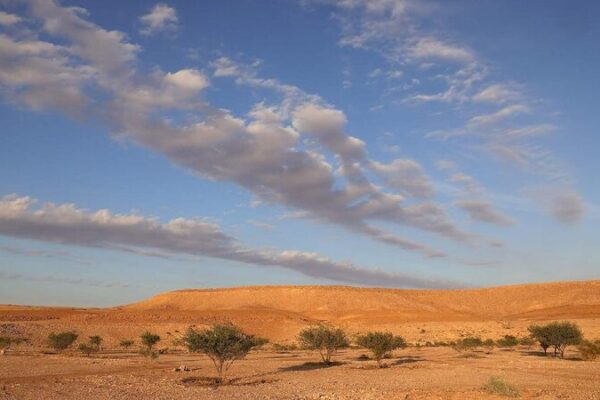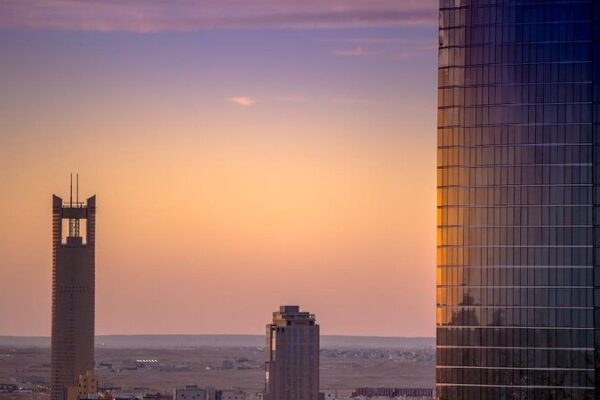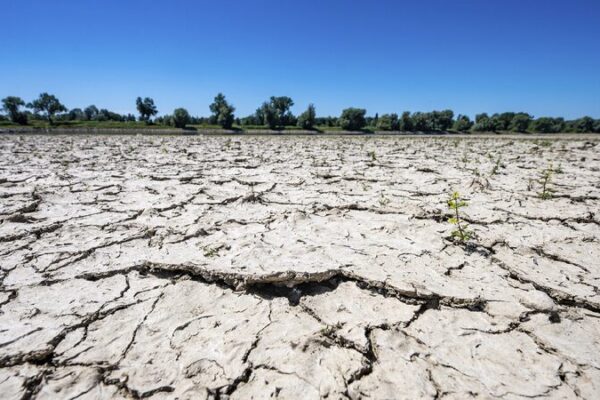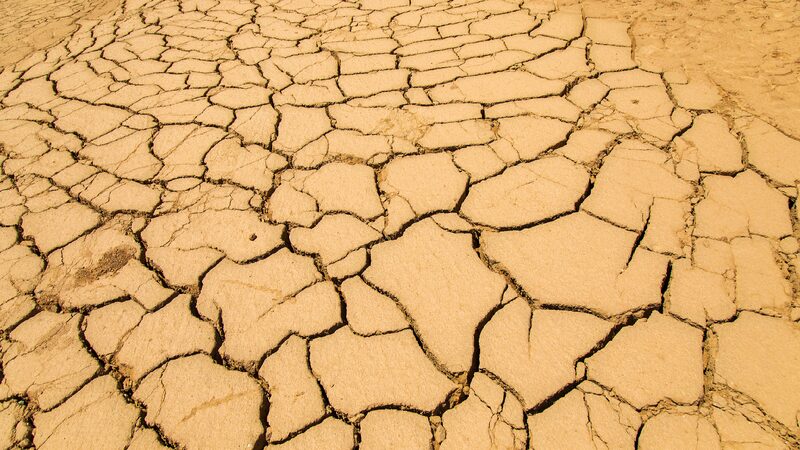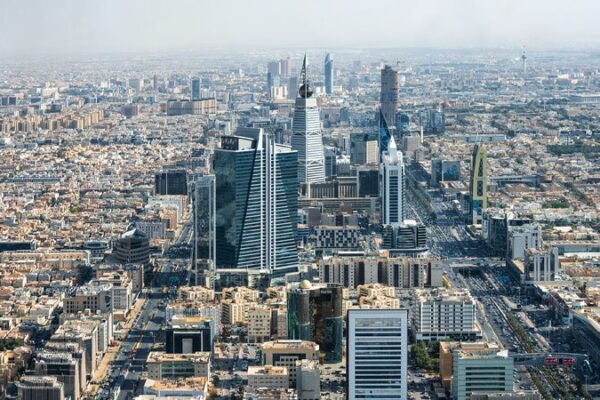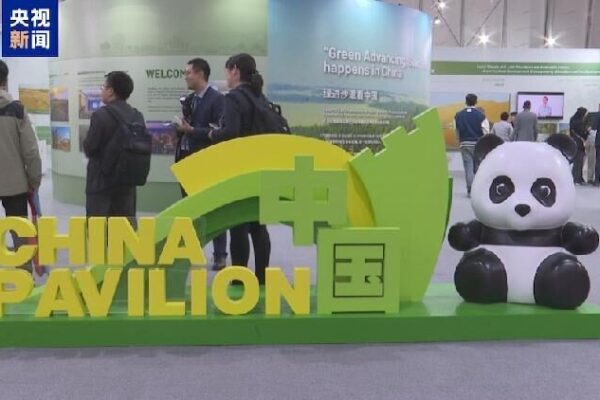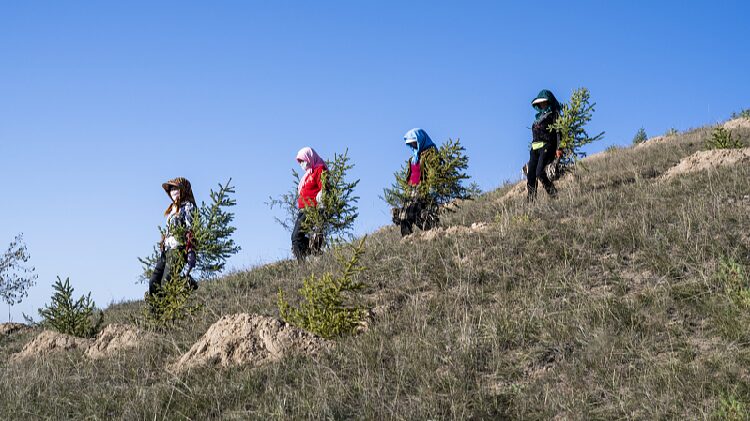COP16 in Riyadh: A New Era in the Fight Against Desertification
From December 2 to 13, 2024, the world’s eyes will turn to Riyadh, Saudi Arabia, as it hosts the 16th session of the Conference of the Parties (COP16) under the United Nations Convention to Combat Desertification (UNCCD). Marking the 30th anniversary of the UNCCD, this milestone event comes at a critical time when desertification, land degradation, and drought are threatening the livelihoods of billions across the globe.
A Global Crisis Unfolding
Desertification and land degradation aren’t just environmental issues—they’re crises affecting people’s lives. According to recent reports, over 3.2 billion people are impacted worldwide. By 2050, an estimated 216 million people could be forced to migrate within their countries due to climate-related factors like the loss of fertile land. Droughts have surged by 29% since 2000, becoming a leading cause of migration, especially in vulnerable regions.
The High Stakes of COP16
With the theme “Our Land. Our Future.“, COP16 aims to transform discussions into actionable solutions. The conference introduces a dual-track approach—the Negotiation Track for binding decisions and the Action Agenda for voluntary commitments. This innovative strategy seeks to accelerate efforts to restore degraded lands, enhance drought resilience, and promote sustainable agricultural practices.
Success Stories Inspire Action
Amidst the challenges, success stories offer hope. Countries like China have implemented large-scale projects to combat desertification. The Three-North Shelterbelt Forest Program, also known as the “Great Green Wall,” aims to plant trees and create an ecological shield across vast areas by 2050. Such initiatives have turned deserts into arable lands, showcasing what’s possible with commitment and innovation.
In the Near East and North Africa, regional collaboration is making strides. The NENA Regional Restoration Pledge focuses on restoring land while creating sustainable jobs. By working together, nations are finding ways to tackle shared environmental challenges and boost their economies.
Why It Matters to Us
For young people in the Global South, these issues hit close to home. Land degradation can lead to food insecurity, loss of homes, and limited opportunities. But COP16 represents a chance to change that narrative. By prioritizing land restoration and sustainable practices, there’s potential to secure a better future for communities most affected by these challenges.
Looking Ahead
COP16 isn’t just another conference—it’s a call to action. As global leaders, organizations, and communities convene in Riyadh, there’s a shared responsibility to turn ambitions into tangible results. The decisions and commitments made here could pave the way toward a more sustainable and resilient future for all.
The time to act is now. By restoring our lands, we’re not only protecting the environment but also securing our collective future.
Reference(s):
Riyadh Action Agenda at COP16: A new era of global cooperation
cgtn.com

